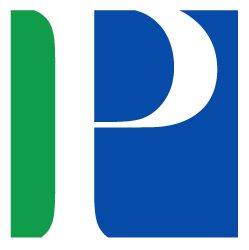La crisis actual como posibilidad existencial para retomar la pregunta por el ser
DOI:
https://doi.org/10.53870/metanoia20205233Keywords:
culture of care, question about being, Dasein, crisis, everyday lifeAbstract
The question of the general sense of being emerges, in critical situations, as a noetic and existential inquiry that discovers the finite and vulnerable condition of being there. The Covid19 pandemic has become in the social context the opportunity to think about the importance of care where, as a result of confinement and preventive isolation, the rhythms of life have been irrevocably modified. The rapidation of the social world of production and consumption has constituted the modus vivendi-operandi of our capitalist societies. Therefore, the accelerated rhythms of life have constituted the usual form of being-there in the social race to success, consummated in a life seemingly happy, subject to the trends of the market and becoming, this collective imaginary, in the globalized paradigm to which any person aspires from the level of life or social stratum in which he or she finds himself or herself. The outcasts of the system, for their part, who are not up to the competition of savage capitalism, become social surpluses postponed to the inevitable fate of waste. If we want to vindicate the discourse of being is in order to strengthen the care of life, as a primary matter of being there, to recognize the human root of the ecological crisis because, At the base of this fundamental inquiry is a deficient culture of care that is nothing but the very neglect of being. The aim of this article, derived from a process of documentary research, is to propose, in the light of the contributions of Martin Heidegger, the fundamental structure of the cure as an inherent element of life in order to take care of itself, of others and the natural environment as a timely response to the current crisis.
Downloads
Downloads
Published
How to Cite
Issue
Section
License
Copyright (c) 2020 Edgar Enrique Velásquez Camelo

This work is licensed under a Creative Commons Attribution 4.0 International License.















